Research Suggests the Voting Age Should be Lowered to 16
Student protests demonstrate political action, showing that the voting age should be again lowered, this time to 16, because 16 and 17 year olds have valuable perspectives that should be represented in government. Creative Commons Photo: Lori Shaull on Flickr.
January 28, 2020
On July 1, 1971, the 26th Amendment was ratified, lowering the voting age from 21 to 18. The decision to lower the voting age was largely influenced by young people standing up for a greater voice in their society. These young people, frustrated with the government’s inability to create change, fought for political, environmental, economic and social change. This movement of change grew in the 1960s and 1970s, as students argued that if 18-year-olds could be drafted to fight in Vietnam, they must be able to vote.
Recently, high school students have risen up in large numbers to protest issues that pose imminent threats to our future. For instance, these politically active students have organized “March For Our Lives,” a gun violence protest, and the “Climate Strike,” a climate change protest. These acts of political action show that the voting age should be again lowered, this time to 16, because 16 and 17 year olds have valuable perspectives that should be represented in government.
While many opponents of lowering the voting age argue that teens do not have the maturity to make important political decisions, research suggests otherwise. In 2011, nationwide surveys from the American Academy of Political and Social Science found that, “On measures of civic knowledge, political skills, political efficacy, and tolerance, 16-year-olds, on average, are obtaining scores similar to those of adults… Adolescents in this age range are developmentally ready to vote.”
Additionally, allowing high school students to vote will help to develop life-long voters. Just 16% of eligible voters ages 18-29 voted in the 2014 midterm election, according to the US Census Bureau. This is attributed to a busy lifestyle that gives young adults very little time to make it to the polls. Typical 18-year-olds are either beginning college or working hard to get money, while 16-year-olds are usually still living with their parents. So if 16-year-olds can register to vote and establish the habit of going to the polls, they are likely to continue those habits into adulthood.“One of the biggest predictors of whether someone will vote is if they voted previously. Yet turning 18 is a tough time to expect young people to start the habit of voting,” University of Kentucky law professor Joshua Douglas wrote in a CNN op-ed.
Douglas wrote this in response to the Parkland shooting and explained that teenagers are the ones most impacted by the issues, so they should have a voice in the government. Similar to the issue of the military draft in the 1960s, gun violence, abortion rights and climate change affect teenagers more than anyone else. These issues, especially climate change, endanger the future of America. Teenagers are the future of America, and they have the knowledge needed to make critical decisions, so they must be given the right to vote.


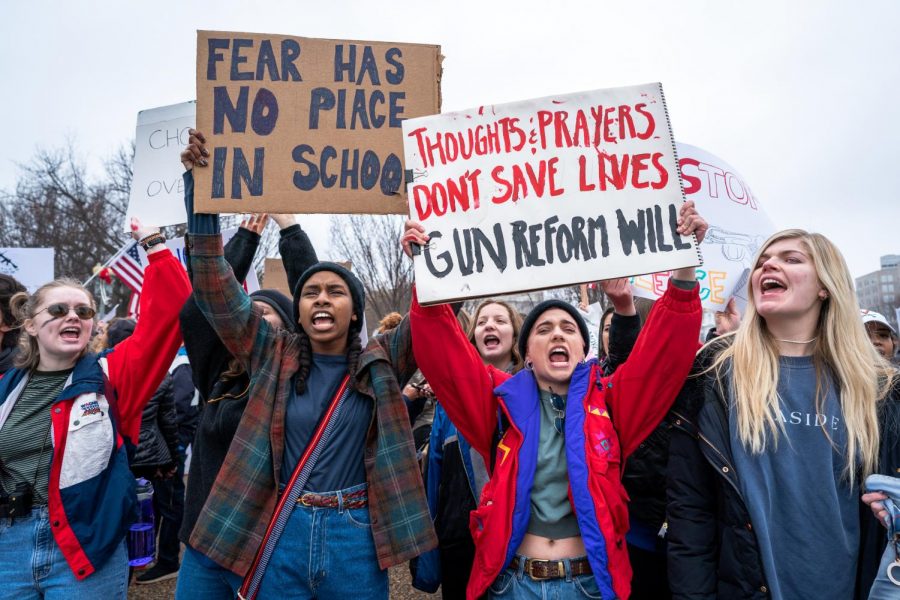




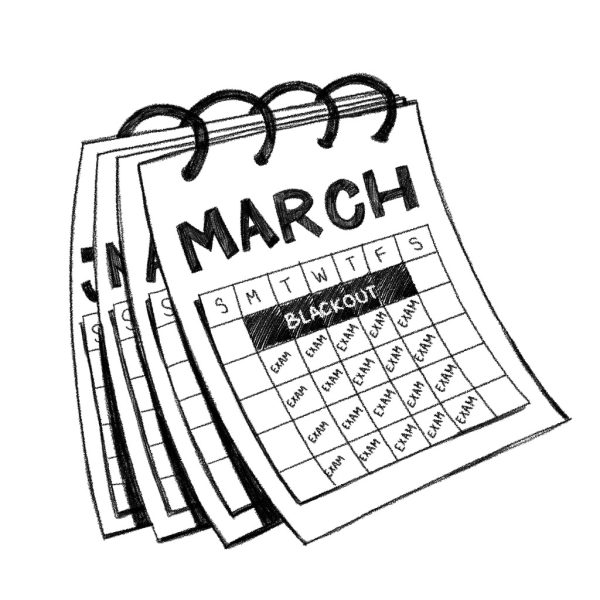
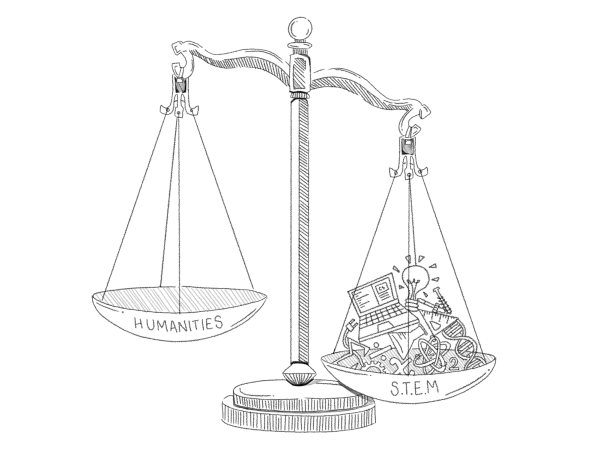


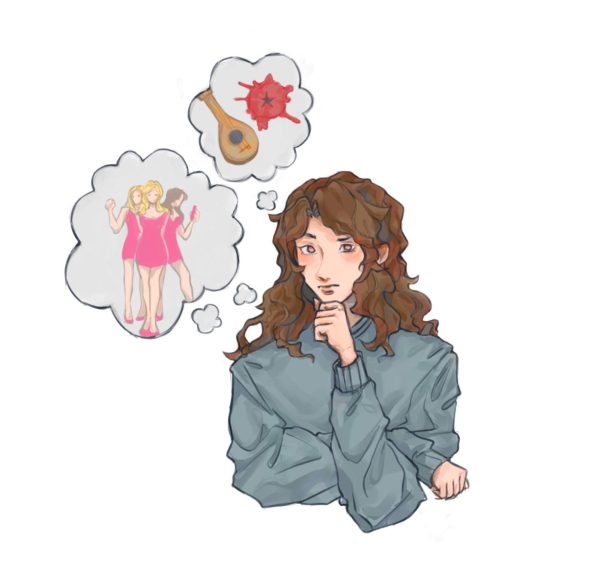

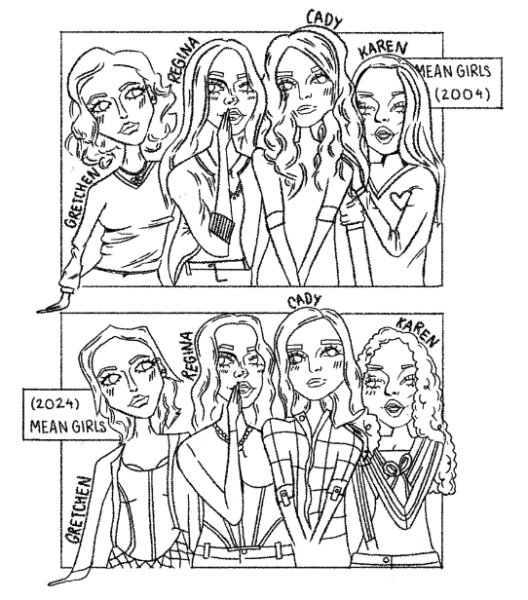
josly • Nov 13, 2023 at 11:31 am
mid tbh, one piece better